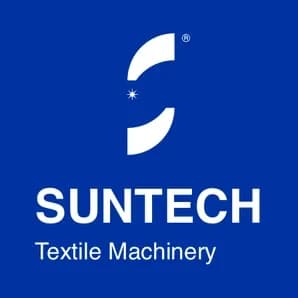- Home
- Products
- Fabric Make-Up Machines
- AI Automated Visual Inspection System
- Automatic Fabric Roll Packing Machines
- Fabric Inspection Machines
- Fabric Rolling Machines
- Fabric Cutting Machines
- Fabric Relaxing Machines
- Fabric Folding Machines
- Fabric Opening Machine
- Automatic Tube-Sewing Machines
- Fabric Reversing Machines
- Fabric Sample Cutting Machines
- Loom Take-up Machine
- Material Storage & Handling Equipment
- Special Rapier Looms
- Popular Lines
- Fabric Make-Up Machines
- Solutions
- Service
- References
- VIP Journey
- About Us
- Contacts
- News
















